
Location of the event
111 Huntington Ave.
Boston, MA 02199
Take door on the right of CheeseCake Factory @ 115 Huntington Ave, Boston, MA 02199. You can see Barnes & Noble around the corner.
About Us
Health Innovators (501(c)3 non profit organization with 13,000 member) mission is to become the premier place for digital health tech entrepreneurs to innovate and build businesses that will solve our healthcare issues, improve patient outcomes, and reduce costs in a meaningful and impactful way.
What we offer?
- Digital health accelerator program
- Custom software development
- Equity crowdfunding
- Job board
Some of our last events photos
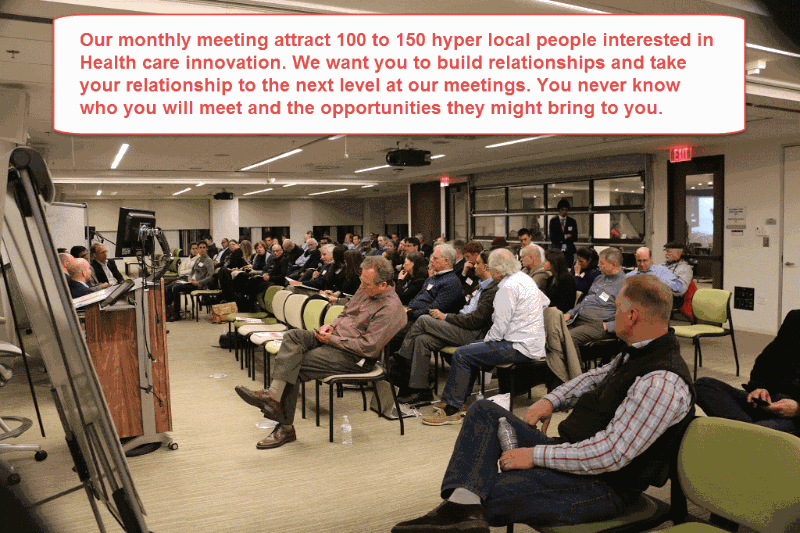
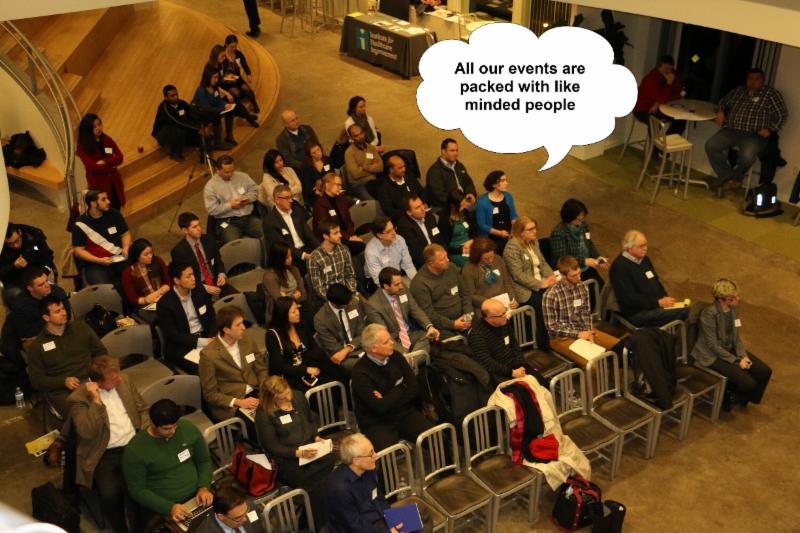
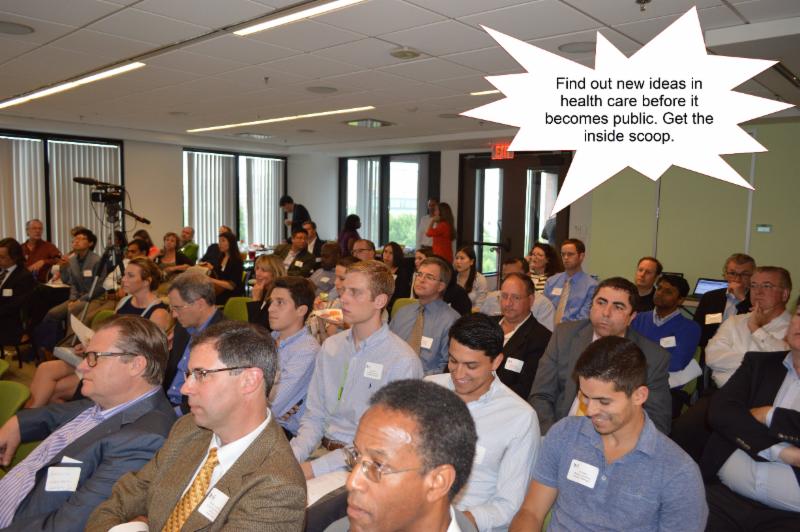
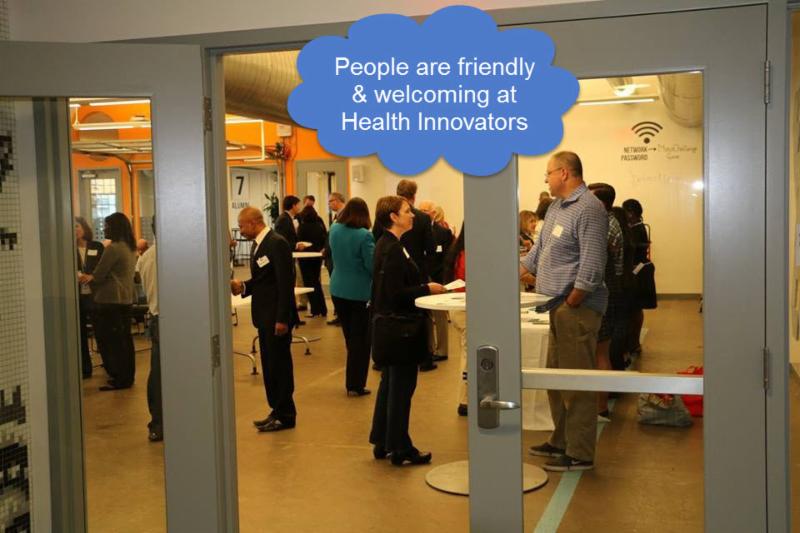
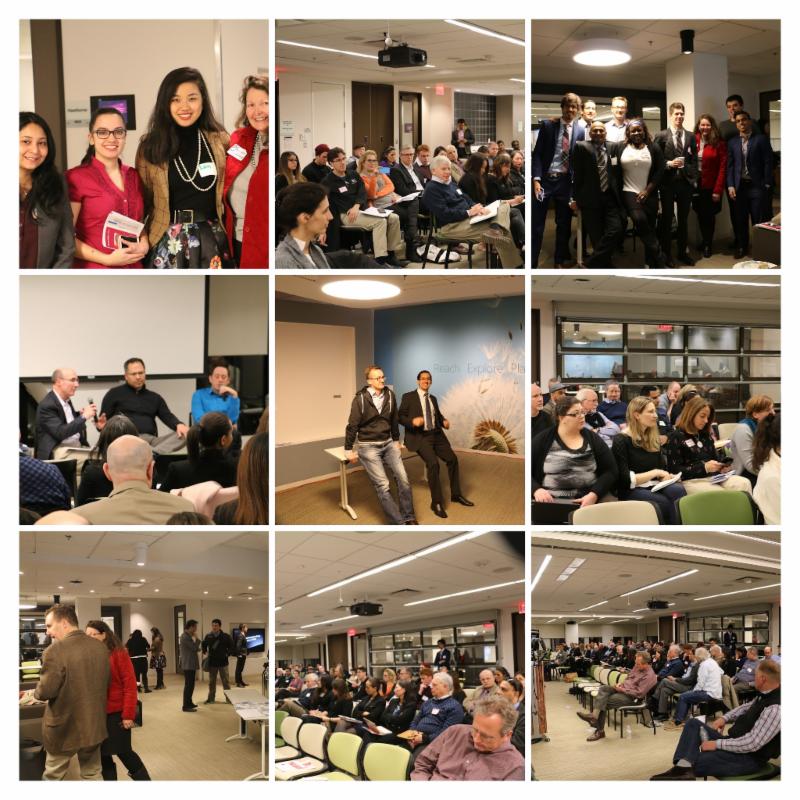
- IoT event pictures
- Digital health event pictures
- Care co-ordination event pictures
- Medication adherence event
What is Health Innovators?
Contact Health Innovators
Email: hello@healthinno.org
Phone: 617.871.9286
Volunteer at Health Innovators
HI has 20 team members with 5 Doctors, 4 MBA's and 10 Masters. We are a highly educated team with a mission to provide you all the resources needed to be successful in healthcare Innovation. Join our team to improve your visibility and become hyper networked. We are looking for help in Grant writing, Marketing and new business development.
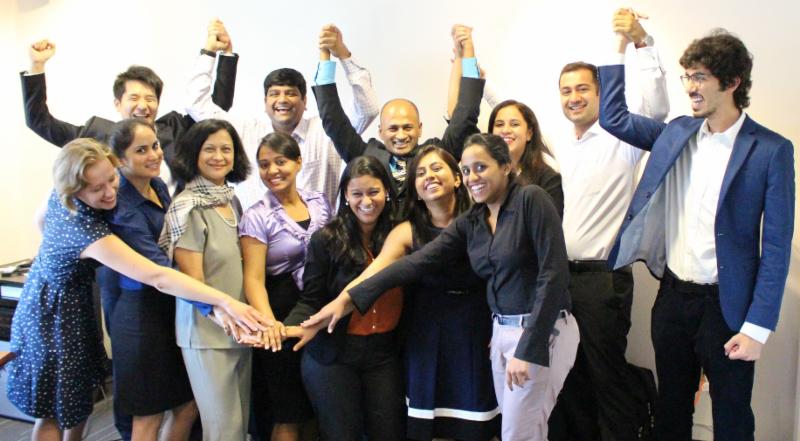
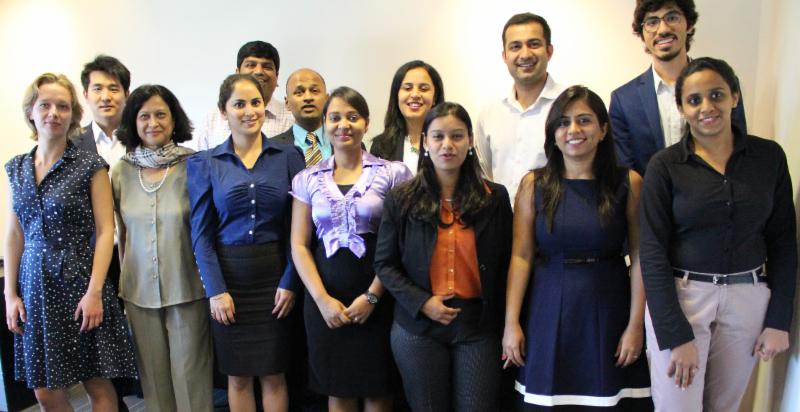
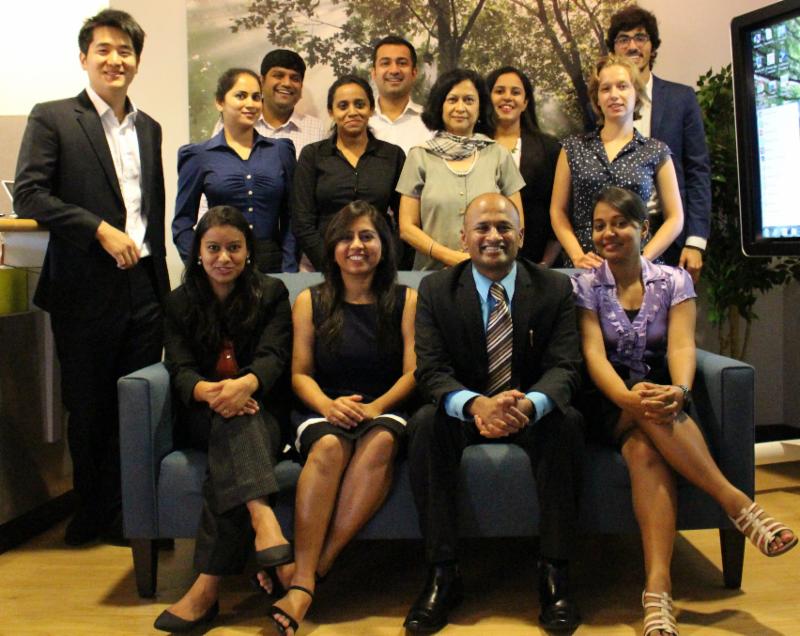
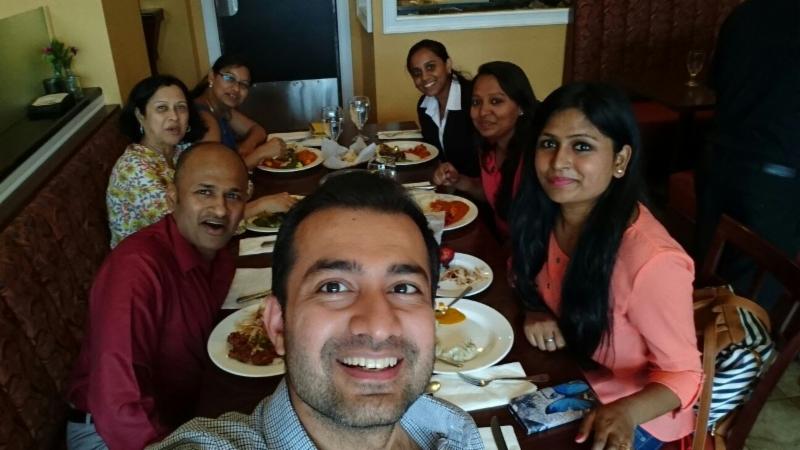
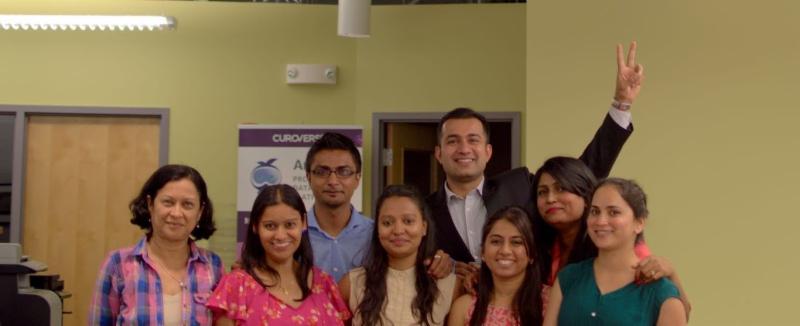
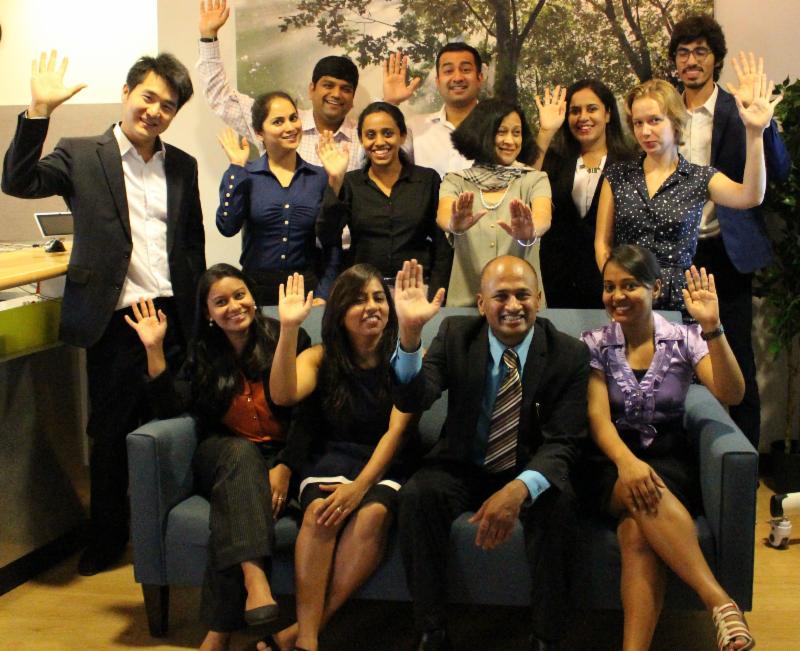
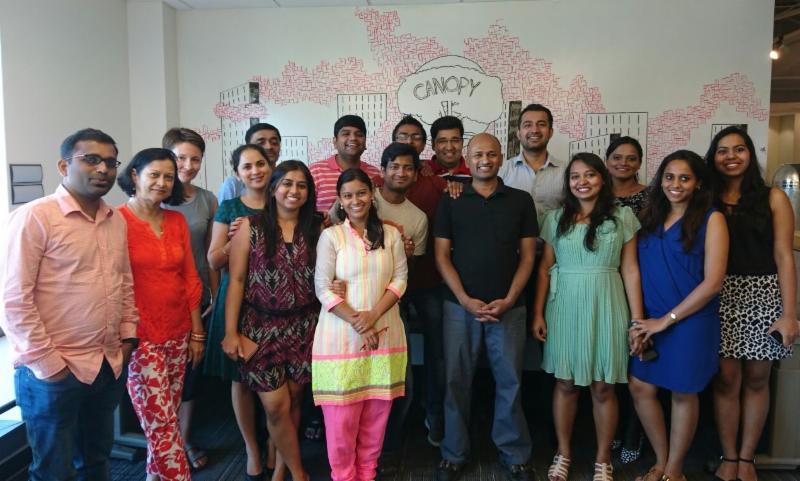
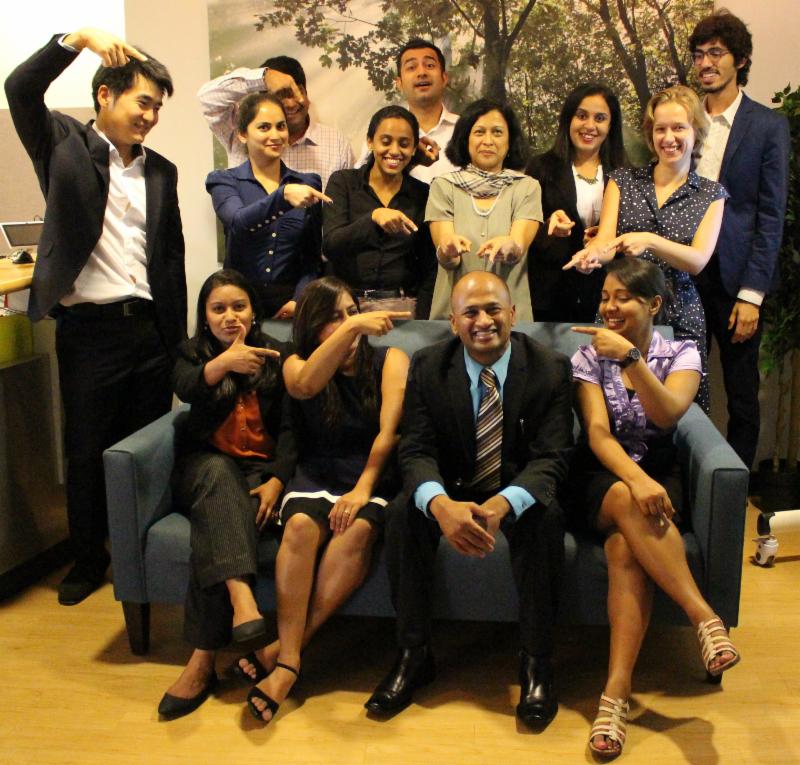
How Artificial Intelligence Will Revolutionize Healthcare
Target Audience: Healthcare informatics & technology professionals, Doctors, Healthcare Professional, Information Technology Professional. Biotechnology companies, Students, Entrepreneurs, Healthcare technology Start-up.
Refreshments: Join us for healthy refreshments, including sandwiches and nonalcoholic drinks.
Price: $30 until November 6th at 8:00 pm; $40 after then and at the door as ticket availability permits.
Place:
Foley & Lardner
111 Huntington Ave.
Boston, MA 02199
Schedule:
Networking - 5:30 pm to 6:40 pm
Program: 6:40 pm to 8:00 pm
Networking: 8:00 pm to 8:45 pm
About the Speakers:
Clark Freifeld

Professor Clark Freifeld is a lecturer in computer science at Northeastern University. His research focuses on applications of computing technology and artificial intelligence to the improvement of population health. He also serves as an affiliate faculty member at the Innovation and Digital Health Accelerator at Boston Children’s Hospital. Professor Freifeld has co-authored over twenty journal articles and co-founded and overseen a range of health informatics projects. His projects include: HealthMap, a global disease surveillance platform; MedWatcher, a medical product safety monitoring system; and StreetRx, a crowdsourcing tool for understanding black market pharmaceutical transactions.
Amir B. Farjadian
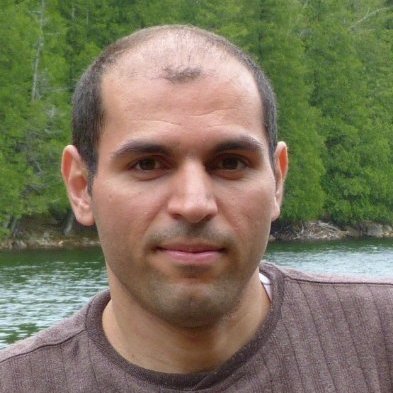
Amir B. Farjadian is a postdoctoral associate at Massachusetts Institute of Technology (MIT) conducting research in human-machine cognitive interaction. He received his BSc (03) and MSc (06) in Biomedical Engineering, moved to industry and then returned to receive his PhD (15) in Bioengineering from Northeastern University.
Amir has a very diverse background in Bioengineering contributing to a variety of projects ranging from an infant apnea monitoring system; to a muscle stimulator to walk paraplegia; a wearable intelligent trainer; and a robot for ankle and balance rehabilitation. He is passionate about entrepreneurship and constantly seeks to introduce a new product to improve healthcare offerings.
Amir has explored the intersection of Artificial Intelligence (AI) and medical terminology in his research and proposed new forms of healthcare supervisors in rehabilitation and training. In this talk, he will share part of his research and his vision on how AI can disrupt the healthcare in the near future.
Subhankar Ray

His team also did statistical, machine-learning-based rapid customer segmentation and retention analysis using structured and unstructured data. Additionally, he worked as a product manager for Ericsson for their 3G GSM/GPRS wireless infrastructure unit for over 8 years. He was active in several standard bodies for location-based mobile services. He has 3 approved patents, an MS in EE, and an MBA (with focus on Finance). He lives with his family in the greater Boston area.
The human brain is an amazing work of art, it has very complex neural circuits and the way it registers, stores, processes and analyzes information and takes decisions has always been a matter of fascination. To even attempt to replicate the human brain or to “teach” a machine to do that is an extremely ambitious endeavor fraught with controversy. Many a scientist has been fascinated with this concept and thus was born “artificial intelligence” and “deep machine learning”.
“Artificial intelligence” is a familiar buzzword for many in the tech sector today. It has been used in the airline industry for years now, to assist pilots to make decisions under difficult, high-pressure, complex situations which can be too difficult for an individual to handle or when the experience of a pilot, or the lack of it, gets in the way of the safety of hundreds of passengers.
AI in Healthcare is a very fresh, still-emerging concept, largely focused on programs that perform and assist with diagnosis, decision-making and therapy recommendations.
Uses of AI in health care:
1. Image interpretation:
One of the best examples of how AI is being used in medicine is interpretation of digital and graphical data. Machines can be taught to “read” images such as X-rays, CT scans, MRIs and angiograms. They are first exposed to millions of images from archives of patient data, helping the machine identify and classify data into various patterns. An algorithm can then be taught to this machine and when a new data is presented, the machine compares it against this huge database of images, helping the clinician diagnose and guide therapy options. This is of value in mass-screenings, for example, when the system can flag potentially abnormal images for detailed human attention.
2. Decision making and therapy guidance:
An AI system could be running within an electronic medical record system, for example, and alert a clinician when it detects a contraindication to a planned treatment. It could also alert the clinician when it detected patterns in clinical data that suggested significant changes in a patient's condition. It can also alert the provider of a possible genetic variation in the demographic the patient belongs to, where a certain drug may not work, and suggest alternatives. For example, many people cannot break down a certain type of blood thinner medication. When a doctor prescribes this medication, the system can either offer a genetic test to determine if the drug will work on the patient or suggest an alternative, equally effective therapy in the given circumstance. New and emerging data from reliable sources such as medical journals and studies can be added, thus a new or inexperienced provider can benefit from the experience of thousands of others who have seen and treated similar conditions before.
3. Creation of new knowledge
Along with tasks that require reasoning with medical knowledge, AI systems also have a very different role to play in the process of scientific research. In particular, AI systems have the capacity to learn, leading to the discovery of new phenomena and the creation of medical knowledge. For example, a computer system can be used to analyze large amounts of data, looking for complex patterns within it that suggest previously unexpected associations. Equally, with enough of a model of existing medical knowledge, an AI system can be used to show how a new set of experimental observations conflict with the existing theories. Computers are much better at recognizing statistical patterns and forming hypothesis and this can be used to our advantage.
4. Generating alerts and reminders
AI systems can also pick up changes in a patients condition, scan laboratory test results, send medication reminders, critique a therapy by looking for inconsistencies or errors of omissions and redirect an existing treatment plan based on the patients condition and accepted treatment guidelines.
Challenges of AI in health care:
However, there are many reasons why AI cannot be used in medicine. AI systems almost always require the existence of an electronic medical record system. A lot of institutions in the US have still not adopted this. Some EMR systems are not interoperable and hence cannot be of meaningful use to the AI system in deriving and using data.
Also, it is not easy to obtain access to volumes of high quality data to aid development of smart models and train these machines. The health care systems are not often hooked up to the internet (for good reason) and cannot be data-mined or distributed readily like other information on the cloud, such as Google, Facebook and the like. This is because; patient privacy will always take precedence over use of data for research. A researcher’s treasure can easily become a hacker’s playground.
A lot of push back also arises because the system as such is resistant and slow to change. Working with a newer system means training and working in ways that are different from what one has trained in or been used to. It requires additional time and effort from doctors and staff who are already pretty busy. Also the rates of false positives can be high, leading to unnecessary alarms and providers later over riding these alarms. When this becomes routine enough, it can defeat the very purpose for which the system is designed. Humans will always have the final say when it comes to using the information provided by these systems and AI cannot replace human emotions and intuition.
Medical data is very fuzzy and can be difficult to analyze at times. There are rare patterns or syndromes that do not fit any category. Not everything in medicine follows a pattern or a statistic, the evolution and natural history of a disease or symptom varies considerably from individual to individual and the human touch that years of experience and clinical acumen provide in terms of decision-making and therapy is hard to achieve by a machine. It is also a matter of debate as to which aspects of health care are objective enough to be taught to a machine so AI can be incorporated into the process.
Another challenge with applying AI in medicine is to gauge the success of an AI program; to set an objective measure against which the performance of a computer can be tested and accuracy maintained. Whether the machine needs to replicate the way in which a human brain forms new neural pathways and stores information or if it is sufficient enough that an observer cannot distinguish the behavior of a machine from that of a human, is a matter of debate.
The bio-ethical lines between where machine intervention starts and human one ends are difficult to draw and with the evolution of AI, they are expected to become murkier. Regulations affecting providers could soon extend to cover devices and software programs.
Conclusion:
AI is still in the very early stages of development, so it cannot replace doctors, not yet! However, machines can learn and crunch vast amounts of data and patterns that humans can't. Computers are getting better and better at reading unstructured information and identifying discrepancies.
At the moment, he said, the technology isn’t good enough to tell doctors with 100 percent certainty what the best course of treatment for a patient may be. It is certainly not good enough to replace physicians or other health care providers. The ethical controversy and patient privacy issues make it an even more challenging subject. However, like most other new innovations, it is going to be a long road.